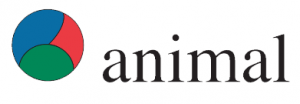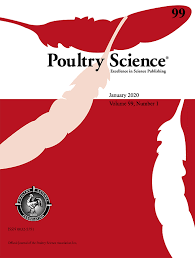Document type: scientific synthesis published inAnimal
Author: Huber, K
Preview: This review aimed to enlighten aspects of welfare from the farm animal-centred point of view rarely addressed such as those anatomical and physiological alterations induced in farm animals to obtain high performance. Hence, the major working hypothesis was that high-producing farm animals developed an imbalance between body structural and functional capacities and the genetic procedures applied to obtain industrial production of animal protein. This is called "disproportionality", a feature which cannot be compensated by feeding and management approaches. Consequences of disproportionality are the insidious development of disturbances of the metabolism, low-grade systemic inflammation and as a final stage, production diseases, developing throughout the productive life span of a farm animal and affecting animal welfare. Based on scientific evidence from literature, the review discusses disproportional conditions in broilers, laying hens, sows, piglets, dairy cows, bulls and calves as the most important farm animals for production of milk, meat, foetuses and eggs. As a conclusion, farm animal welfare must consider analysing issues from an animal-centered point of view because it seems evident that, due to genetics and management pressures, most of farm animals are already beyond their physiological limitations. Animal welfare from an animal-centered point must be addressed as an ethical step to establish limits to the strength placed on the animal's anatomical and physiological functionality. It may allow more sustainable and efficient farm animal production and the availability of healthy animal-derived protein for human nutrition worldwide.






